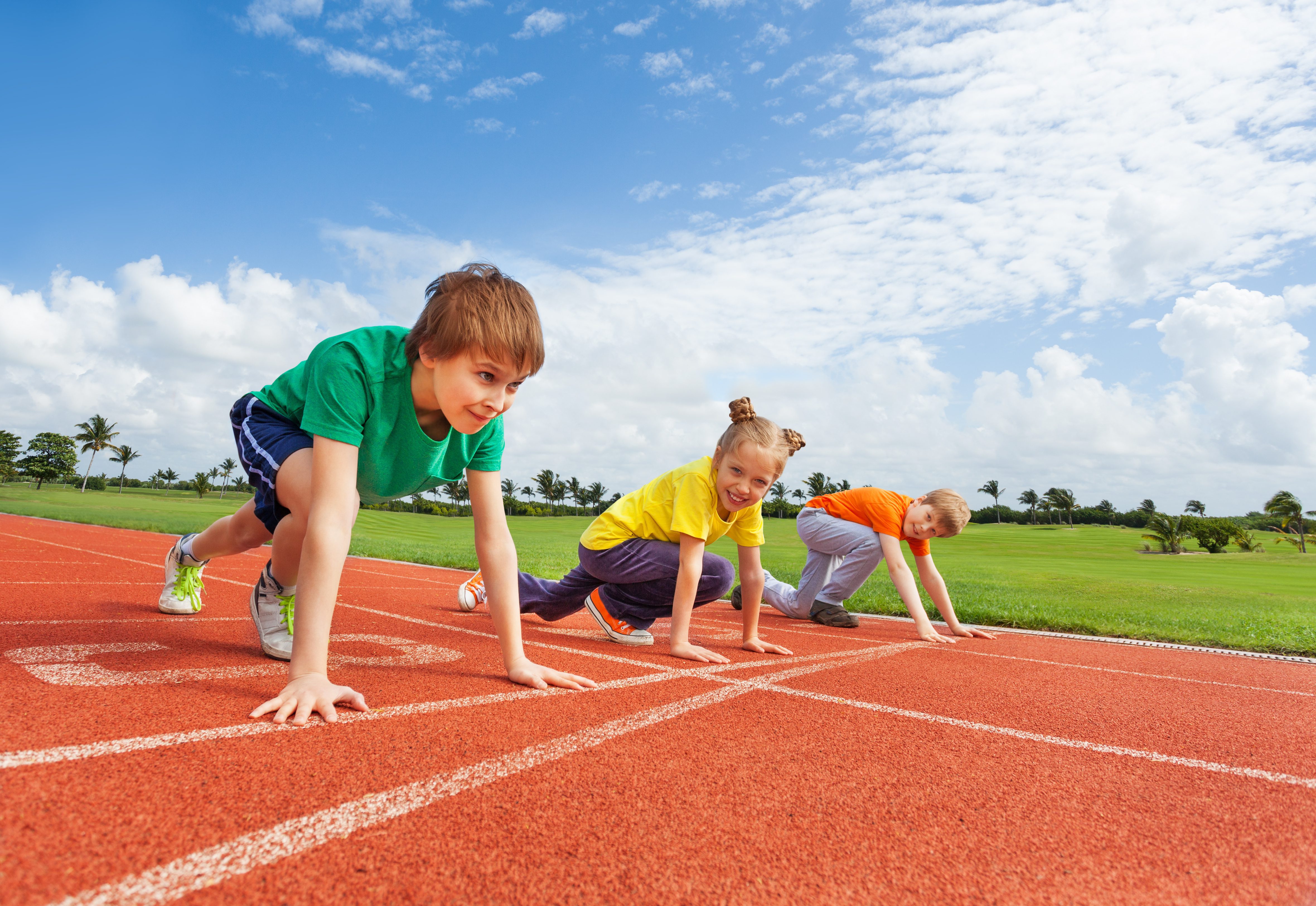Bell Let’s Talk Day 2020
Today is Bell Let’s Talk Day – a national initiative to build awareness, acceptance and action relating to mental health. While 84% of Canadians say they are comfortable speaking with others about mental health, athletes report a number of barriers to disclosing psychological distress. These include “tough” sport cultures, fear of stigma from coaches and teammates, and…
Doping Infographic
Research from the Canadian Centre for Ethics in Sport finds, when it comes to doping, 82% of Canadians disagree that it is okay to cheat if you know or believe your opponent is doing the same. Learn more about Canadian Olympic weightlifter Christine Girard’s journey and commitment to clean sport in the SIRCuit.
Factors in Adopting Long-term Athlete Development

Project Summary Purpose: Several studies have reported an age-related decline of physical activity (PA). We examined the impact of four transitional periods—adolescence, the beginning of post-secondary education, entry into the labour market, and parenthood—on the PA of participants in the Trois-Rivières quasi-experimental study. The objective of this project was to identify the contribution of each…
External Focus of Attention
Endurance athletes use a number of strategies to distract themselves and manage their performance. For example, athletes can manipulate their attention, focusing either internally (e.g. on the running movement, internal body signals) or externally (e.g. on the environment, music). Research reported in the Journal of Sport & Exercise Physiology measured running economy to confirm the…
Relative Age, Recreation Sport Participation and Youth Development

Project Summary In both youth sport and education, children and adolescents are grouped into cohorts by using annual age grouping policies, whereby a child must be a certain age by a specified selection date (e.g., December 315). Relative age describes the fact that children born early in their cohort/selection year (e.g., January) will be relatively…
Sleep Infographic
Is getting better sleep one of your New Year’s resolutions? Sleep is essential in the preparation for, and the recovery from, training and competition. However, youth athletes who obtain less than eight hours of sleep per night may be at a higher risk of injury. Find out more in this infographic.
Concussion Newsletter – December 2019
It might be surprising to hear concussions are a serious risk in the sport of volleyball, but research revealed 1 in 10 youth athletes will sustain a concussion on the court this year. Learn how Volleyball Canada is using the evidence to inform policy and practice relating to equipment and drills in the SIRC December…
New Website
Notice our new look? SIRC is excited to launch our new website and the Canadian Sport Daily – delivering sport and physical activity-related knowledge, news, resources, and more…straight to your inbox. Check out our new website to access all SIRC content!
2019 Year in Review
Are you new to the SIRC Daily News or still sorting through email from 2018? Check out the top 5 SIRCuit articles and SIRC blogs from 2019 in our most recent blog!
2019 Year in Review

As we ease ourselves into the year ahead, here is a round-up of the most popular SIRCuit articles and SIRC blogs from 2019! Top 5 SIRCuit Articles Gender Equity is Good Governance – Lessons from the Sport Sector Cannabis and Sport: Perspectives from a Seat in the Canadian Senate Managing the Risk of Athlete Burnout…